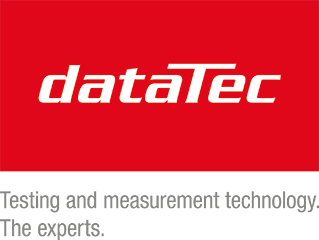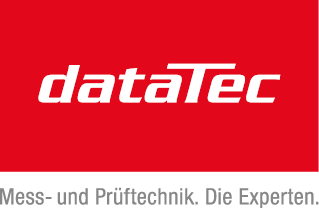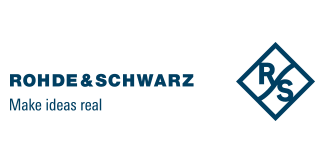#statusMessage#
Do you want to start the comparison now?
#statusMessage#
Do you want to start the comparison now?

Exchange. Practice. Innovation. The Swiss LabVIEW User Group Event 2026 on March 19, 2026 brings the community together....
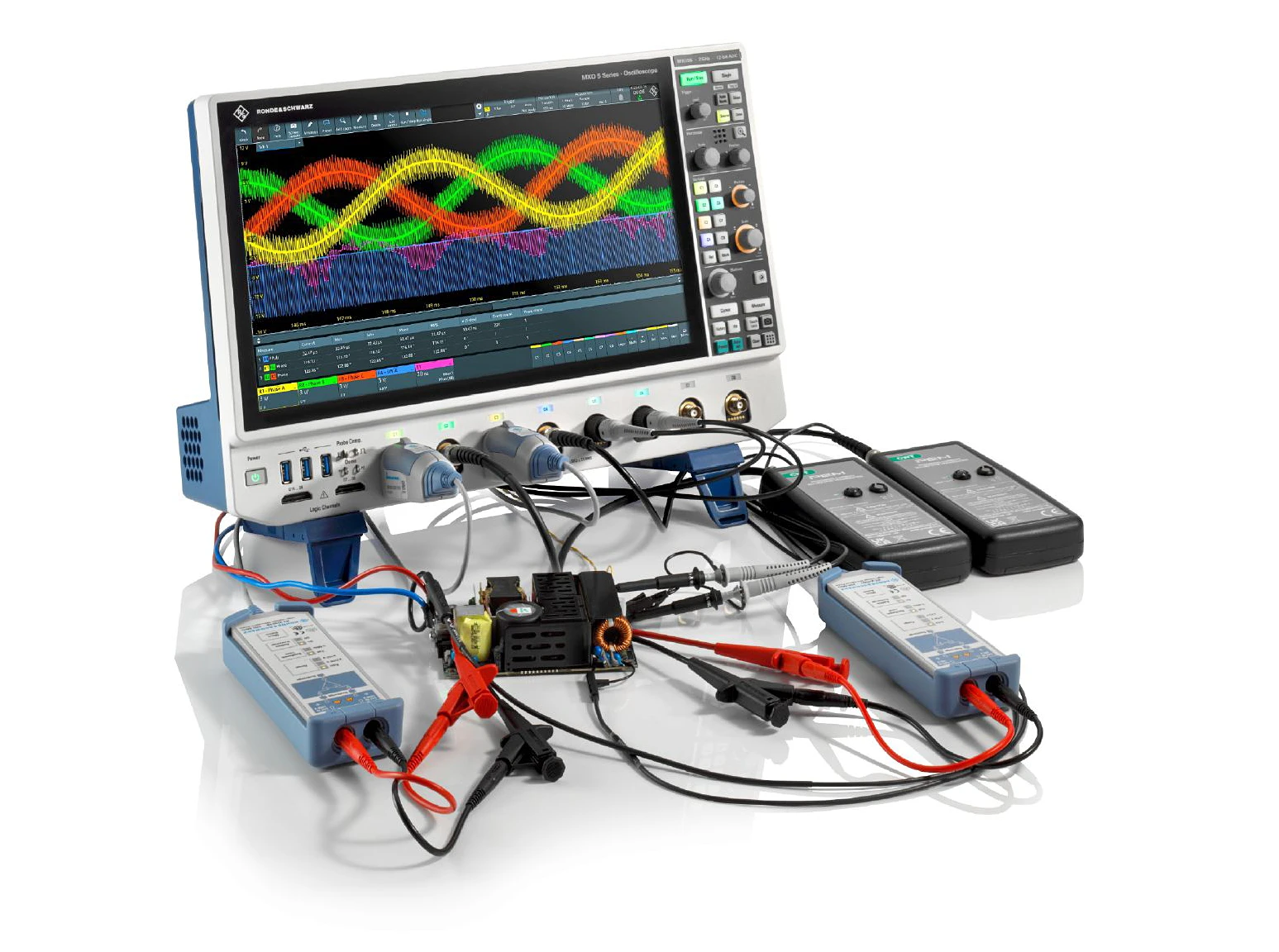
Modern oscilloscopes of the MXO Series from Rohde & Schwarz enable precise analysis and optimization of electric drivetr...
Manufacturer number: 1335.7500.02
| Article number: | 1335.7500.02 |
|---|---|
| Bandwidth (MHz): | 50 |
| Counter: | Yes |
| DVM: | Yes |
| Dimensions (L x W x H) (mm): | 140 x 285 x 175 |
| Function generator: | 50 MHz signal and 4-bit pattern generator |
| Interfaces: | USB, LAN |
| Model: | RTC1002 (basic device) |
| Number of channels: | 2 |
| Samplerate: | 2 GSa/s |
| Screen size: | 16.5 cm |
| Screen type: | 640 x 480, VGA |
| Signal acquisition rate: | 10,000 wfms/s |
| Special features: | Bandwidth upgrade possible later / FFT |
| Storage depth: | 2 MPts |
| Triggertypes: | Edge, Width, Video (PAL, SECAM, PAL-M, SDTV, HDTV), Pattern, Timeout, Serial bus |
| Vertical resolution: | 8-bit |
| Weight (kg): | 2 |
The RTC1000 compact digital oscilloscope is available with bandwidths up to 300 MHz (upgrade) and is characterized by a high waveform update rate and vertical sensitivity. The very quiet device offers a sampling rate of 1 Gsample / s with a memory depth of 1 Msample. Hardware-supported signal triggering and decoding with the most common protocols (I²C, SPI, UART, CAN or LIN) is integrated in the RTC1000 for communication between embedded systems and the environment. This option can be activated at any time by purchasing vouchers. The integrated pattern generator, which generates protocol telegrams with speeds of up to 50 Mbit / s, is of interest to embedded users. This gives developers the opportunity to freely program individual signal patterns in addition to predefined messages for the supported serial protocols. A built-in, three-digit digital voltmeter makes work easier for service technicians in particular. With the RTC1000, voltage measurements can be carried out on both analog channels with two measured values at the same time. A function generator that generates various types of signals with frequencies up to 50 kHz is of interest for education. Pupils, trainees or students learn all measuring tasks on these basic types. In "Education Mode", the convenience functions can be switched off. Thanks to the 128 k measuring points, the RTC1000 keeps up with its analysis functions in the frequency domain with significantly larger oscilloscopes. The display of the time signal, measurement window and analysis area of the FFT as well as the result on a screen facilitates measurement of the spectra.
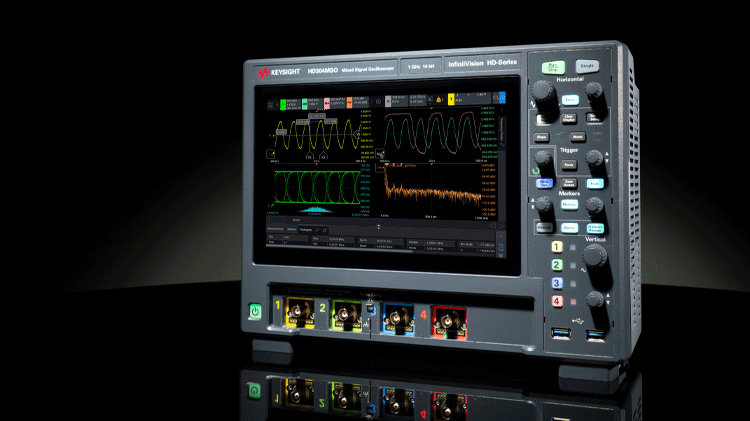
In the new issue of “dataTec unboxed” we present the new InfiniiVision HD3 oscilloscopes from Keysight with 14-bit ADC. ...
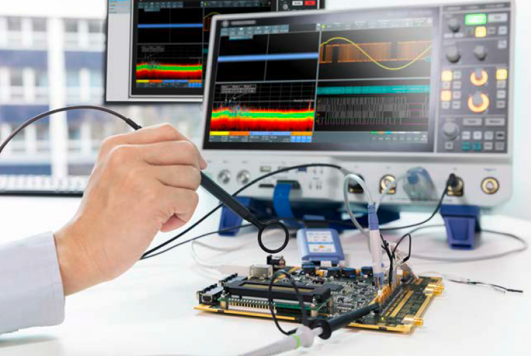
Navigating through the range of available specifications, options and capabilities can be challenging. There are a lot o...
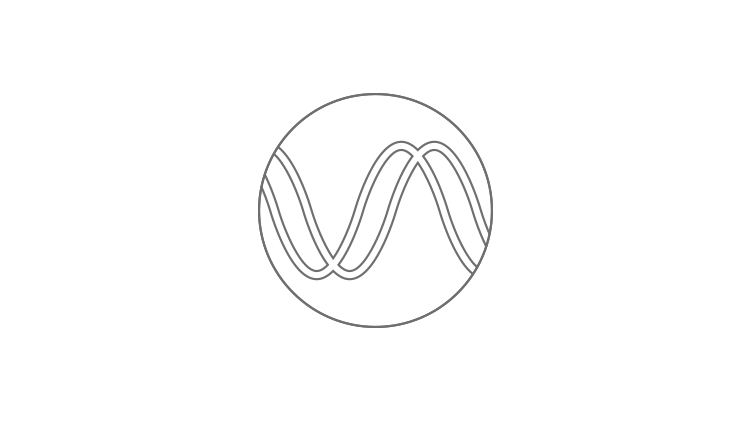
The market offers a wide choice of oscilloscopes for sale. This makes it difficult to decide which oscilloscope to buy a...
